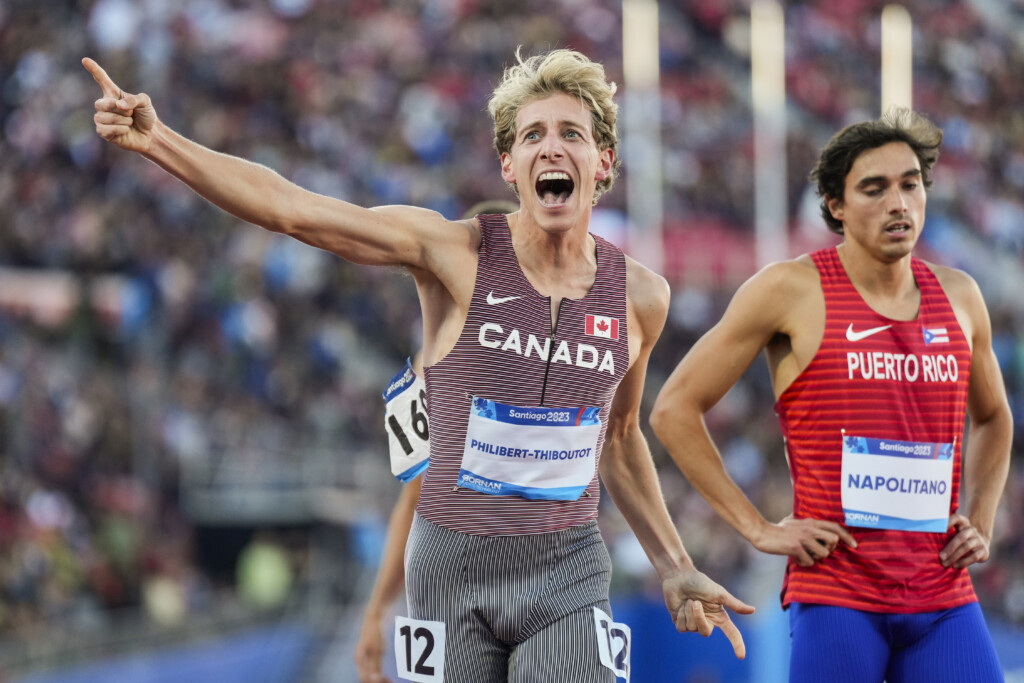Exploring adolescent sports ambitions
Despite Norway’s reputation for gender equality, disparities exist in sports ambitions among young boys and girls. A recent study examines whether young teens share equal aspirations of becoming professional athletes. Researchers found that, while boys often aspire to pursue professional athleticism, girls tend to prioritize skill development over professional ambitions. This underscores the influence of…
The transformative power of sport: Insights from two Canadian Olympic rowers

Reflecting on my life’s journey, I’m profoundly struck by the transformative impact that sport has had on every facet of my life. The journey from a young sport enthusiast to an elite performer was marked by various challenges and triumphs, each contributing to the mosaic of experiences that define my character today. In this article,…
Partnering in the pursuit of putting people first

The objectives haven’t changed. The pathway in endeavouring to reach them, though, most certainly has. The aim is in the name. Pursuit. Pursuit in providing improved, impactful coaching and technical assistance to Canadian high-performance athletes. In increasing investment, both financial and in on-the-ground ways, into those individuals entrusted with shaping sport in this country. In…
Team Canada athletes share the best advice they’ve received

All athletes know that participating in sport is a learning process, no matter what level you play at. We asked some of Team Canada’s top athletes across a variety of sports for the best advice they’d ever been given–and almost all of the answers apply not only to sport, but to life. Here’s what they…
Holistic approach to injury interventions
Interventions that are evidence informed and co-created with end-users are more likely to be effective, but injury prevention programs have typically been developed by experts only. In the quest to reduce injuries among young handball players, researchers have developed a holistic injury prevention intervention that puts the end-users, including players, coaches, and club administrators, at…
Para sport coach mentorship
In a Canadian study of mentor and mentee coaches involved in a virtual Para sport coach mentoring program, the mentee-mentor conversations regarding disability-specific knowledge enhanced the mentees’ confidence. This finding highlights not only the importance of effective communication between mentors and mentees, but also the crucial role it plays in mentees’ development.
Psychological skills training program for para athletes
Researchers from the University of Windsor have developed a free, fully accessible, self-paced, online Psychological Skills Training (PST) program, specifically designed for Para athletes. PST has been shown to enhance athlete confidence, motivation, and satisfaction within sport. This program is free for Para athletes to access via www.learnpst.com. Check it out!
Shoulder pain in wheelchair basketball athletes
Athletes that play wheelchair basketball have increased stress on their upper limbs, which can lead to shoulder pain. Although research in this area is limited, research suggests that strengthening exercises can be beneficial in reducing the risk of shoulder injuries. Further research is needed to determine the most optimal exercise type and duration required to…
Hydrotherapy and chronic low back pain
Hydrotherapy is a form of exercise therapy that is done in the water and has been shown to improve neuromuscular and musculoskeletal functions. Water has unique properties which allows people to perform exercises that can’t be done on the ground and can provide a more comfortable experience for people suffering from physical dysfunction. According to…
Mentorship in marginalized communities
Mentoring appears to offer distinct benefits for marginalized people, particularly within the Black community. A study investigating how African American male athletic directors manage diversity and inclusion in college athletic departments revealed that these directors were uniquely positioned to support Black individuals, including athletes.